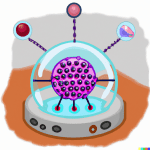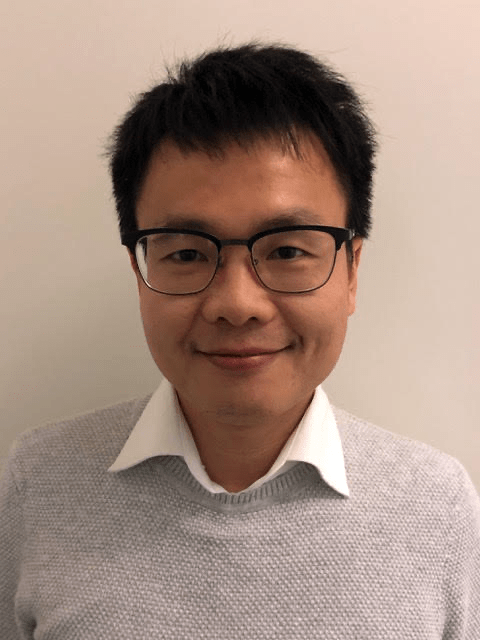Wei Ouyang
The AICell Lab (https://aicell.io/) is a multidisciplinary group which focuses on building AI systems for data-driven cell and molecular biology. More specifically, we would like to take the grand challenge of modeling the human cell and building human cell simulators using powerful AI models. It is an ambitious goal that requires profound innovations in not only data analysis and modeling, but also in data generation. We believe it is crucial for us to build autonomous systems to acquire massive amounts of high quality data that are suitable to train AI models. To this front, we would like to build a fully automated imaging farm which consists of multiple microscopes, robotic arms, liquid handling robots and automatic incubators. Importantly, we run AI models in real-time to augment the microscopy views, generating artificial labels and annotations. It also allows generating feedback signals to or example, control the cell growth, differentiation, and drive the microscope to change field-of-views, illumination power and other experimental conditions in order to optimize the phototoxicity and capture rare events in live cells.

Overall, the long-term goal of the group is to create large-scale whole human cell models trained on existing multi-omics datasets and new data generated by the imaging farm. We envision the human cell models have a great potential in in-silico cell experimentation, drug discovery and contributing to a holistic and systematic understanding of the human cell.
Group Members
We are hiring PhDs and Postdocs, please reach out!
